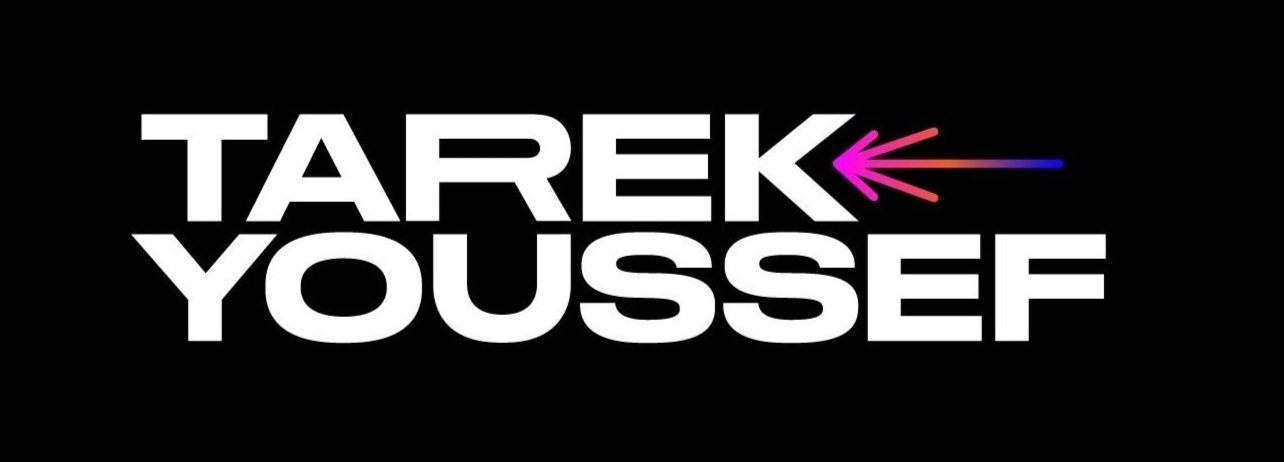The Ethicality of Advertising
Through A History Nerd’s Lens
Some subtle ad placement in TikTok the movie. Also who wants to be bloated at a pool party??
2 Hours Ago
Oh Great Another Ad…
It seems like the more technologically advanced our society is, the more advertising is shoved down our throats. From hard to close popup ads when you’re trying to look up the TikTok feta pasta recipe, to staring at the FedEx logo more than Tom Hanks in Castaway, ads have taken up every aspect of our lives. Dystopian novels that depict targeted ads in people’s dreams are starting to feel more and more realistic.
Unsurprisingly, this has caused a movement to form around the idea of anti-consumerism and anti-capitalism, where partakers believe that endless consumerism and the ads that feed into it are ruining our society and increasing the class gap even more. All of these could be true, but that in itself, doesn’t make it all unethical.
Advertising isn’t just about selling products to people, it’s much deeper than that. Advertising is a necessity that sells peoples’ ideas, lifestyles, organizations, governments, and even religions. It’s all a part of our natural competitiveness, and without it, humans wouldn’t be where we are today.
No One Talks About The History
In the earliest civilizations, advertising took a big role in bringing people together, creating stable economies, and building empires. In ancient China, shop owners would hire musicians to play the flute outside their shops to attract customers.
Town criers were plentiful in ancient towns, and their sole purpose was to advertise businesses, news, and religions. Even sign makers were making boards outside of businesses in ancient Egypt using hieroglyphs.
Many ancient businesses were implementing these methods, and it led to them figuring out ways to improve on their communication to become more known than their competitors. This led to many technologies developing through the years, like the printing-press, which was created by newspapers in an effort to streamline the process of adding advertisements to their daily papers.
Maybe For A Good Reason
The negative impacts of advertising on society are still prevalent throughout history. In fact, it’s been, and still is used as a tool to promote evil ideologies that pushed genocide and ethnic cleansing.
The most well known occurrence of this was Nazi propaganda which was a main focus of the party since it’s start, and was a big reason why they were able to accumulate power over Germany. At first, this propaganda pushed anti-Bolshevik ideologies, another growing political party in the country, which lost all credibility after the Reichstag fire thanks to said propaganda. This single event was the catalyst of Nazi power takeover, and it would’ve never happened if they didn’t prioritize advertising their ideologies and vision of Germany.
Since then, Many dictatorships continue to use these methods, most notably North Korea. The entirety of the government survives because of it’s propaganda, and controlling what media people are consuming.
That’s Metal…
Nowadays, advertising serves an important role in our entertainment. Everyone, including ad nerds like me view Youtube midroll ads as extremely annoying, especially unskippable midroll ads when I’m watching “how to unclog your toilet”.
Those ads are the only reasons why we can run platforms that support content creators without any direct payments from viewers. For example, TikTok has only reached the popularity it has now because of its creator fund. This profit-sharing started a cycle where content creators are motivated to post more, which means more content for viewers, and the platform more entertaining.
In Conclusion
Advertising isn’t necessarily good, or evil. It’s just a means of communication. If the message behind is evil, then the ad is inherently evil as well. In that sense, even some charities can be evil, like Toms shoes destroying local small shoe businesses by donating shoes to underdeveloped regions of the world. That doesn’t make charities evil.
Advertising will forever be a part of humanity, and the only way to make sure it’s impact is positive is making sure the message it promotes isn’t one that will hurt others with the help of thoughtful regulation.





